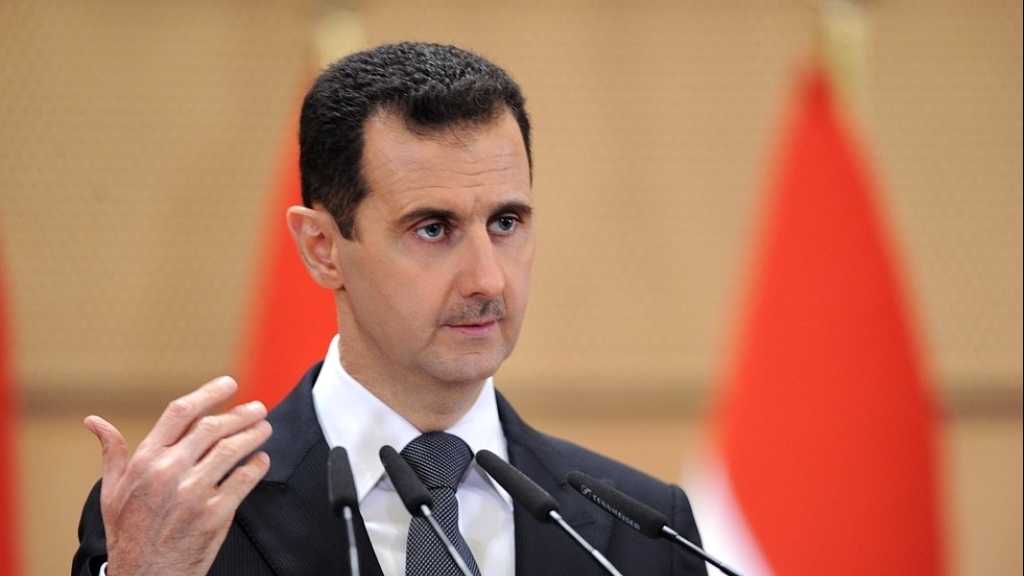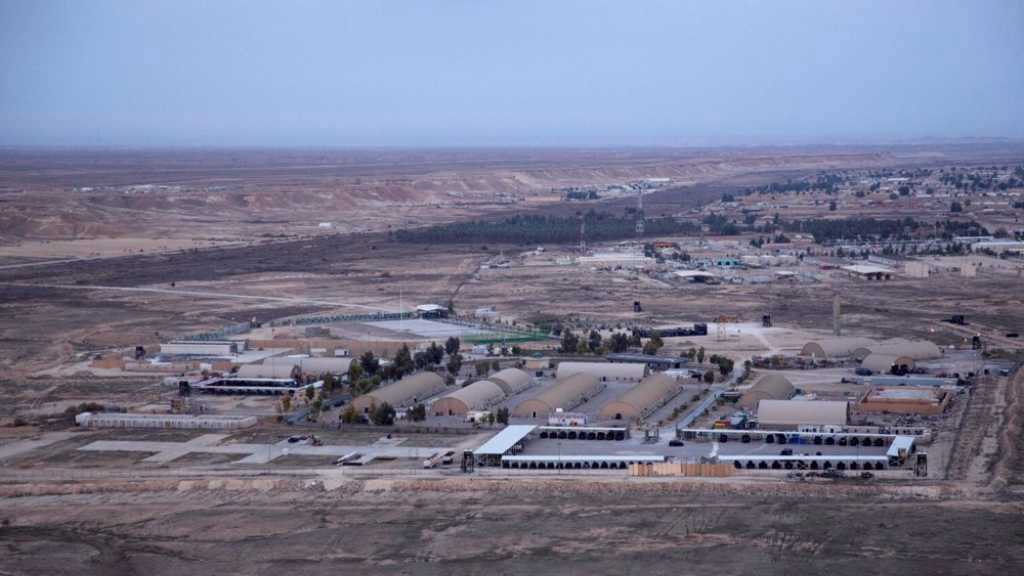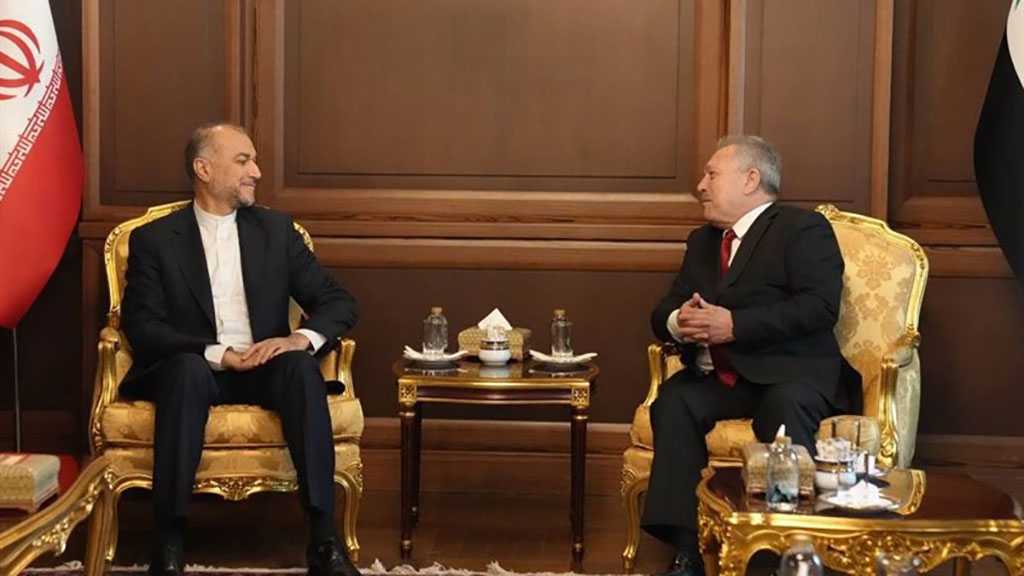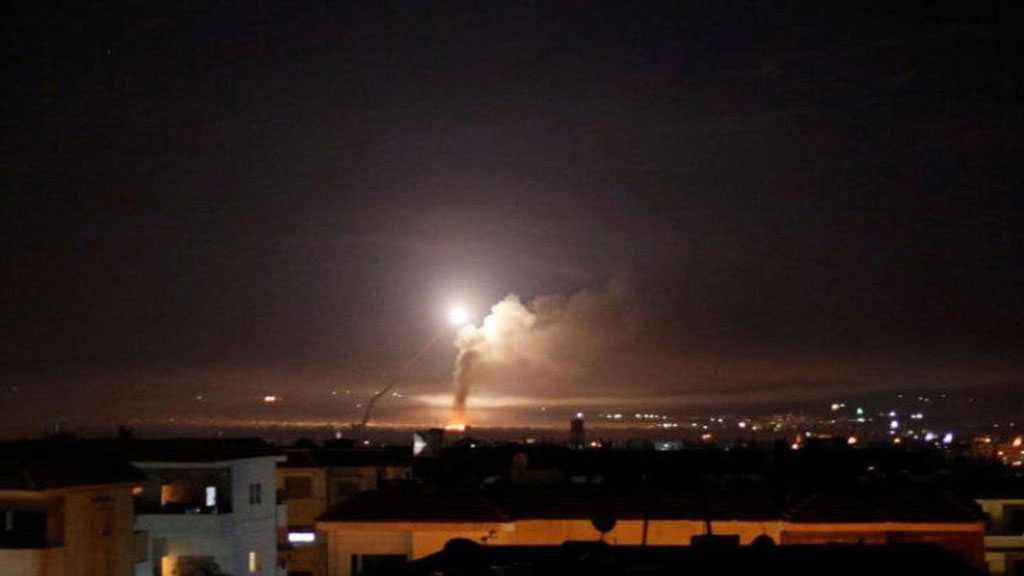
Damascus Goes Thirsty: Terrorists Plague 4 Million+ with Water Shortage
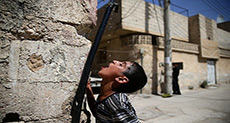
Local Editor
As the crisis in Syria enters its sixth year, Syrian concerns with the direction of the war has been replaced by worries about where to get enough drinking water as well as water supply for their domestic uses.

Since December 22, the city of Damascus has been experiencing complete water cuts due the contamination of the reservoir at Ein al-Fija spring's water pumping station by the Takfiri militants.
The Ein al-Fija Water station which is located in the area of Wadi Barada serves about 65 percent of Damascus.
Wadi Barada homes around 45,000 civilian population a number estimated by the UN, but civic groups say that the total is double that with their plight worsening daily under heavy shelling and shortages of food and medicine.
Only 1,200 families had so far left to a government-run shelter in the nearby town of Rawda, the UN said.
"We hope in a few days water will return back to the capital after the army takes back Ain al Fija. The army is advancing and ... we expect good news," Alaa Munir Ibrahim, a governor in the Damascus suburbs, told state media.
Syrian government officials accused the Takfiris of contaminating the reservoirs with diesel and other poisons.
Officials in Damascus said they were forced to shut off the water supply before it reached the capital as they would not set out to harm their own people.
A leaked UN memo that advised all agency staff to "avoid drinking and/or using tap water" until "solid info" is acquired, bears witness the Takfiris group's denial of pouring gasoline into the river.
Ghassan, a Damascus city center medic who didn't give his full name, said many people are worried that the drinking water being distributed might be contaminated. He added that residents are more concerned with finding potable water than going to the doctor.
Over the past few years, hundreds of thousands of Syrians had flocked to the capital seeking relative security. The population in Damascus swelled to 4 million from 2 million.
According to reports by the UN's Office for the Coordination of Humanitarian Affairs [OCHA], nearly 4 million Syrians are enduring deteriorating living conditions amid serious water supply shortage.
Many of those affected are Syria's youngsters and elderly population as the lack of water had raised the risk of waterborne diseases, especially among children.
On Thursday, Jan Egeland, head of the UN-backed humanitarian taskforce for Syria, that "to sabotage and deny water is of course a war crime," adding that "In Damascus itself, 5.5 million people have had their water supplies cut or minimized."
Prices of bottled water and trucked water supplied by private traders to residential homes has tripled, residents of the sprawling capital say, with a black market now thriving.
In the midst of water supply deficiency, residents in Damascus are making adjustments to cope with the situation. People are heading to distribution points at parks and mosques with their basins and plastic gallons to fill them with water. Syrians are dining on disposable tableware instead of washing the dishes.
"I have stopped cleaning the house, washing dishes or clothes. We no longer take showers," Mona Maqssoud, a 50-year-old resident of Damascus, said adding that residents had relied on water tankers that come by occasionally.
A 50-year-old shopkeeper said he had not had a shower in 10 days but that he and his sons went to the mosque every day to wash their hands, feet and faces.
One 60-year-old woman said she had not had running water in her home for 10 days. Her two sons had spent hours each day lining up to fill jugs from the well at their mosque. They use that to drink and to wash dishes, collecting the runoff to flush the toilet.
"My family's dream is to get a warm shower," she said. "It has become our ultimate hope in Damascus to have enough water to take showers and wash clothes in the automatic washing machine."
Thomas Webber, an American resident of Damascus, said that he had not had fresh water since December 28.
Webber, who lives in the al-Rhoumani district, said that his two full tanks ran dry after just two days. Since then, he and his wife had been relying on a stock of bottled water for cooking and drinking. Water they fill up at a government-installed pipe near their home is used for washing and flushing the toilet.
Webber's district and the neighboring Malki district had not yet been slated to receive any deliveries, according to a government website announcing scheduled water truck stops.
"Two days ago they [the government] shared online which districts would get water, but people in districts on the list say there was no water deliveries," Webber said in a phone interview with CNN.
TV advertisements are also being used to notify residents of scheduled deliveries. Webber's mother-in-law, who lives in a district near Shalan, was one of the lucky ones. She recently received a delivery from a government water truck, which filled up tanks in her home.
Webber said nearby shops are running out of bottled water and that some locals are getting water from a government-installed plastic pipe in Jawez Park.
"For some reason parks are still getting water. On the 29th, I found hoses going from fountains, draining fountains in the parks," Webber said. He believed that the parks are getting water from artesian wells.
He has concerns about the quality of water coming from the Jawez pipe. Ever since his wife fell ill, they have only been using it for sanitation purposes.
Webber added that local car-washer had now become the neighborhood's go-to person for water delivery.
''He started out carrying 20 liter jerry cans to and from the pipe for us and other people. Then I saw he got a pushcart. Now he has borrowed a small 4x4 jeep from a friend and he's using that. He's making more money delivering water than he ever was washing cars.''
Meanwhile, the Syrian government had sought to ease the crisis by trucking water from wells around the city.
The UN on the other hand, had rehabilitated 120 wells to cover about one-third of the city's daily needs, Jens Laerke, the spokesman for the UN humanitarian office in Geneva, said.
None the less, the water crisis is imposing a significant financial strain on destitute families. According to the UN, Syrian households spend up to 25% of their income to meet their daily water needs.
The UN emphasized that all "basic services essential for survival, such as water supply, must be safeguarded and protected at all times."
OCHA stated that 13.5 million Syrians require humanitarian assistance, including 4.9 million people trapped in besieged and hard-to-reach areas.
Accordingly, Takfiri militants had used water before to pressure the Syrian government. In a recent Video, they have threatened to cut the supply of water by blowing up a tunnel underneath and physically depriving residents of water.
A group of militants calling themselves the "Coalition for the Joint Defense of Syria" filmed themselves cutting the gas to the capital at an isolated station outside the capital Thursday.
In the meantime, the Syrian Foreign Ministry sent a letter to the UN condemning the Takfiri al-Nusra Front [recently known as Jabhet Fateh al-Sham] for committing war crimes by polluting and cutting off the Damascus water.
The ministry had expressed regret over the international community's silence in the face of the crimes perpetrated by the foreign-backed militants in the Arab country.
